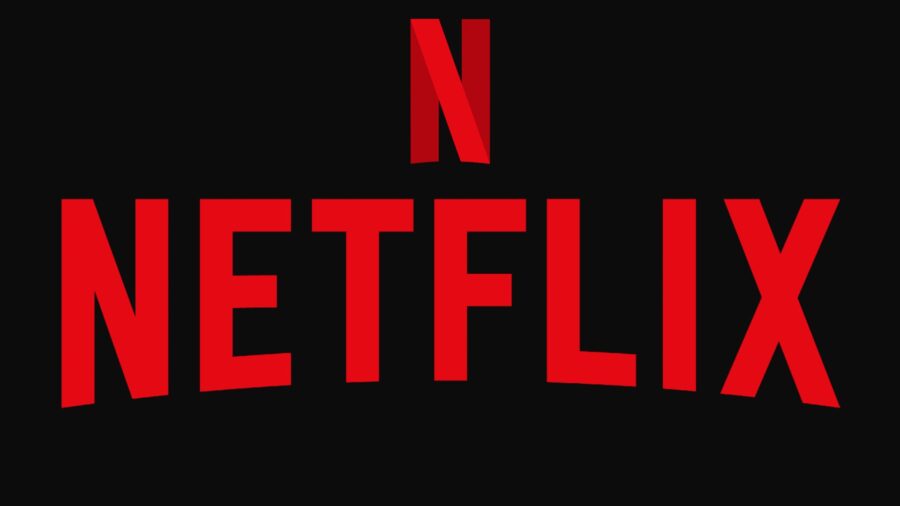Netflix Told To Remove Any Un-Islamic Content
A council of Middle Eastern nations has ordered Netflix to remove content they claim offends Islamic cultural values.
This article is more than 2 years old

A joint statement from a number of Middle Eastern nations has ordered Netflix to remove content allegedly violating “Islamic and societal values and principles.” According to Variety, the Gulf Cooperation Council (which is composed of the nations of Saudi Arabia, the United Arab Emirates, Bahrain, Kuwait, Qatar, and Oman) issued a statement asking the popular streaming service to remove content, while not directly specifying which programs or movies it is referring to. It is being inferred by a number of news outlets that the statement is referring to content with LGBTQ+ themes or depictions, which puts Netflix in the same situation as a number of major film studios dealing with the Middle East.
The statement to Netflix was officially released by the Committee of the Electronic Media Officials branch of the Gulf Cooperation Council and reinforced by individual, similar statements by the member nations themselves. According to the BBC, the Saudi Arabian state-sponsored Al Ekhbariya TV recently released blurred footage involving a romantic situation between two female teens from the animated show Jurassic Park: Camp Cretaceous and claimed that Netflix provides “cinematic cover for immoral messages that threaten the healthy upbringing of children.”
The individual nations in the Gulf Cooperation Council have populations that are overwhelmingly Sunni Muslim, and broadly speaking, view homosexuality as a sign of moral corruption. In recent years, Saudi Arabia has particularly been working to develop their entertainment sector, building film studios, theaters, and organizing a state-sponsored film festival. However, this has increasingly caused conflict with international entertainment centers, whose cultural values and norms are often perceived as not in line with Saudi Arabia. This caused the recent Marvel Studios blockbuster film Doctor Strange in the Multiverse of Madness to be banned in the country due to its depiction of a same-sex relationship between the parents of America Chavez (Xochitl Gomez). Similarly, the Pixar animated film Lightyear was banned for a brief same-sex kiss.
That already put Saudi Arabia in conflict with the Walt Disney Company (which owns both Marvel Studios and Pixar Animation), one of the largest and most influential entertainment companies in the world. Netflix is nearly as powerful of a company as Disney, and has heavily dominated the streaming marketplace for years (though it has recently been losing ground in that area). Large media companies have been encountering more difficulties in international markets in recent years. In particular, China has increasingly demanded that American studios edit content to their demands.
However, China is one of the largest film markets in the world and thus has quite a lot of economic sway. Netflix has not yet responded to the statement by the Gulf Cooperation Council to remove content, but it will have to remain to be seen whether Saudia Arabia and the other nations have sufficient leverage to make demands of this nature. Netflix is currently struggling to match streaming rivals like HBO Max (which has its own problems) and Disney+, so it will be interesting to see how they react to a potential marketplace shutting them out or risk alienating other marketplaces by acceding to censorship demands.










